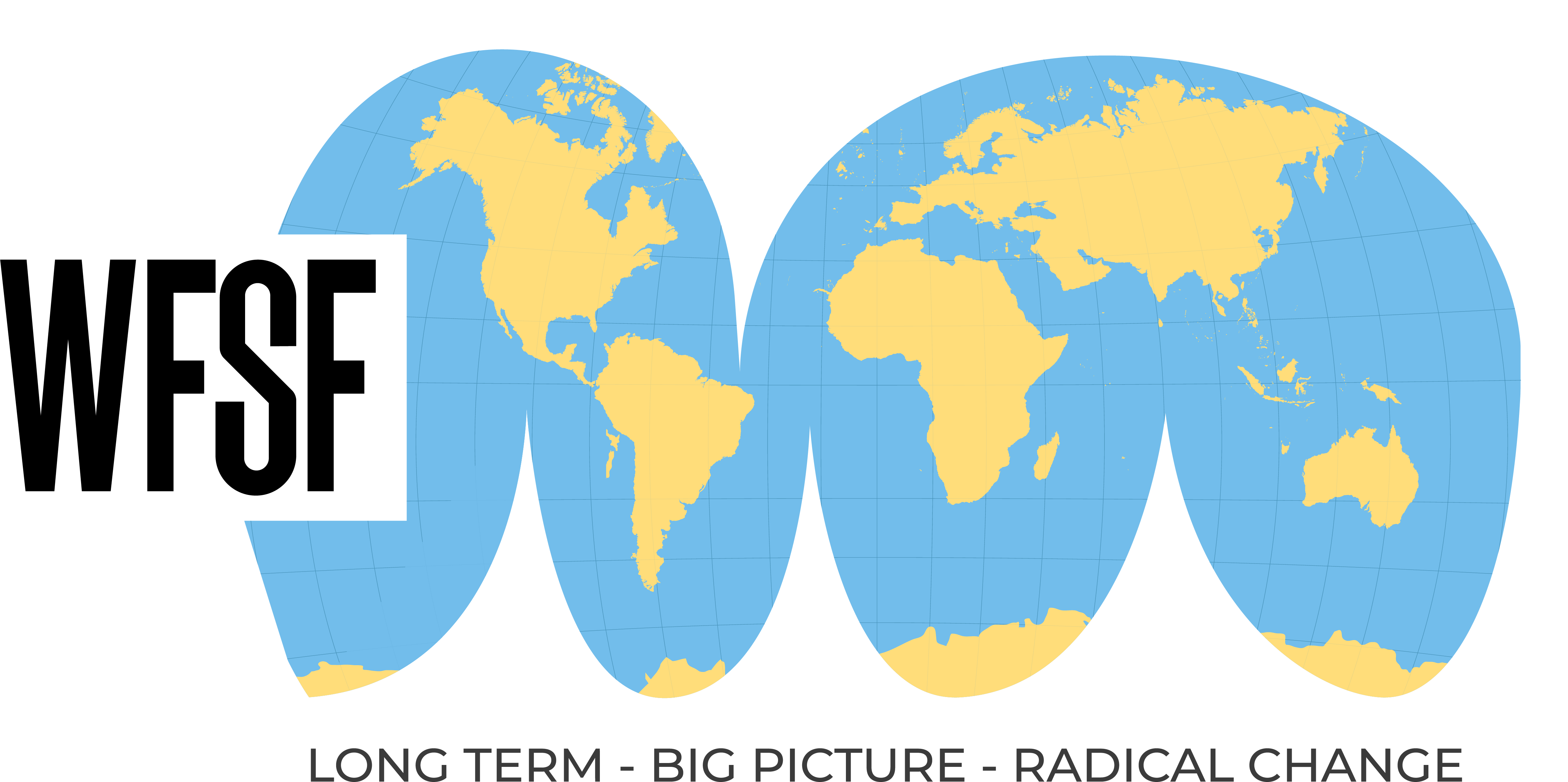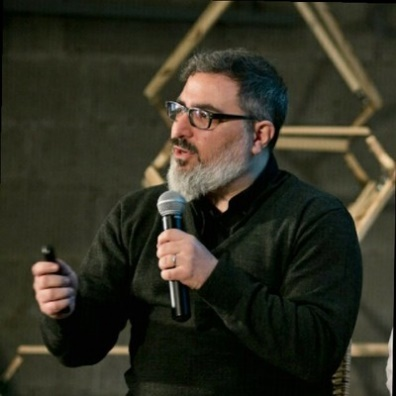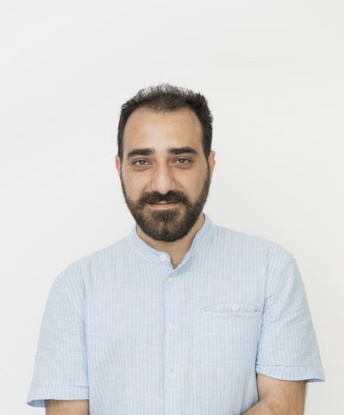24th World Conference

Alternative Monsters and the Probability of the Impossible
Our work aims to create disruptive visions that link different fields of knowledge and cultural backgrounds to open the imagination of the present and future. Therefore, we use metaphorical and methodological tools and strategies to design alternative open futures: We must be able to imagine other futures that escape the linear evolutionary promise and the doom of exponential progress. This is why we are working on a series of figurative approaches that focus on the concept of monstrosity. The monstrous (etymologically from “moneo”, to warn in Latin), can be thought of as a warning about biological and political life marked by a displacement outside of normativity. Once this monstrous perspective is recognized and organized, we take into account the process of staging monstrosities in order to warn, to point out, some biopolitical relations that we live within contemporary societies and that we would like to break, to open. In the task of confronting the monstrous and the process of monstrification as a key to find disruptive alternatives, some questions arise: How to slay a monster? How to tame a monster? How to breed a monster? How to take care and understand a monster? How to become a monster? Here we present four different approaches to that challenge: the ubiquitous, amphibious, fluid and self-reproductive approach of semiotics and gender studies; the non-hierarchical, fast-changing, ambiguous and uncertain approach of computing and gamification; the bio-inspired, active, entangled and sympoietic approach of biology and material science; and the metaphorical, non-binary, ominous and speculative approach of design and decolonial studies. This transdisciplinary construction for imagining alternative futures is also intentionally very cross-cultural. The results allow us to glimpse the opening of possible futures beyond hegemonic logics and dominant predictions. Moreover, it helps us to imagine the unimaginable and to make the impossible suddenly probable.




